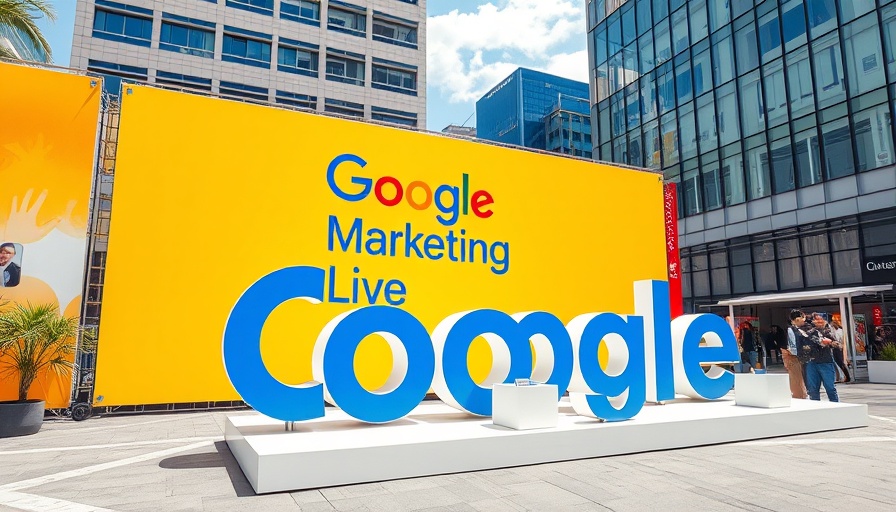
Understanding Google's AI Search: A New Paradigm?
As Google continues to evolve its search feature with the integration of AI technology, a significant conversation has emerged regarding the implications of these changes. At a recent Google Marketing Live event, executives proclaimed that while overall click volume has diminished, the clicks that do happen are supposedly of 'higher quality'. This begs the question: what does 'quality' truly mean in the context of online search, and how does it affect both consumers and publishers?
The Traffic Quality vs. Quantity Debate
Google's representatives have emphasized that users are now engaging with AI-enhanced search by asking refined questions which, they argue, leads to better decision-making and a more meaningful browsing experience. While Google presented a 10% rise in query levels owing to AI features, independent research tells a different story. Studies indicate that organic search results heavily populated by AI-generated snippets witness a notable decrease in click-through rates. So, the narrative Google pushes seems to sidestep the substantial data suggesting a reduction in traffic from traditional sources.
Is Google’s Narrative Beneficial for Publishers?
The crux of Google's argument rests on the assumption that 'qualified clicks' mean users are more deliberate in their choices, driven by improved search queries. However, the lack of data backing this claim raises skepticism. For publishers struggling against dwindling organic reach, this assertion feels hollow. Without tangible metrics to validate improved visitor quality, are publishers left to navigate a shifting landscape with no insight into how to adapt their strategies effectively?
AI Search Versus Ads: A Clear Divide
On another front, Google has maintained that its advertising capabilities remain steady, even amidst traffic losses in organic search. According to Google executives, ad monetization efforts yield comparable results on AI-overview searches as they do in standard search environments. This situation may reinforce a troubling trend where publishers, facing reduced visibility through organic means, might increasingly lean into paid advertising as their only recourse for survival.
Future Predictions: What Lies Ahead for Content Creation?
The evolution of search engendered by AI calls for a substantial rethinking of content strategy. Google executives suggest these changes are a response to user preferences for more conversational and visual answers. As users increasingly embrace nuances in their search behaviors, publishers must pivot towards creating content that aligns with these emerging patterns. This means employing strategies that not only entice organic traffic but cater to the need for quality over quantity, recalibrating how success in search is measured.
Conclusion: Embracing Change in Search Behavior
As we navigate this transformative landscape, the onus is on content creators and marketers to adapt proactively. Whether it's analyzing user behavior more meticulously or leveraging artificial intelligence to refine their strategies, the future of search is likely to be defined by those who can understand and respond to the changing tides of consumer preferences. It may be time to reassess what 'success' in online visibility looks like in the age of AI.
As the implications of AI-enhanced search unfold, we invite business leaders and marketers to engage in dialogue regarding these changes and strategize around implementing responsive measures. Understanding these shifts is crucial not just for survival, but for leveraging opportunities in an increasingly complex digital ecosystem. Adapt today to stay ahead tomorrow.
 Add Row
Add Row  Add
Add 




Write A Comment